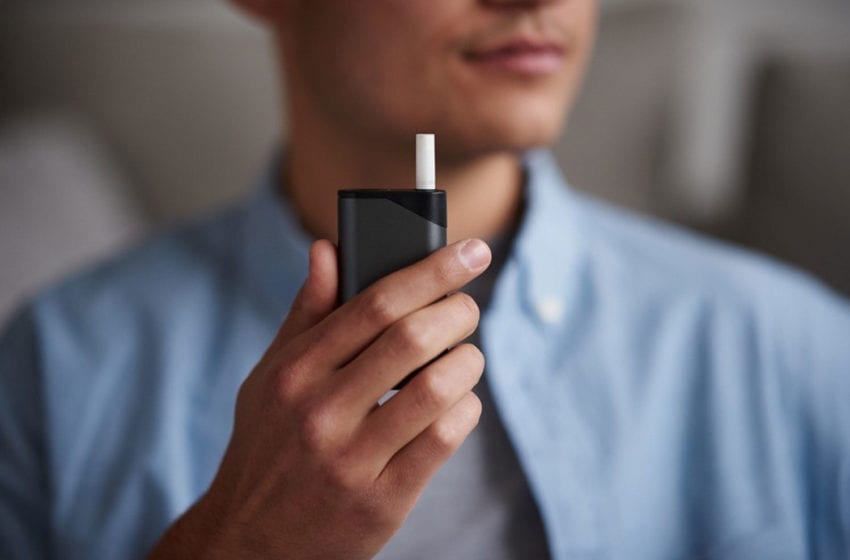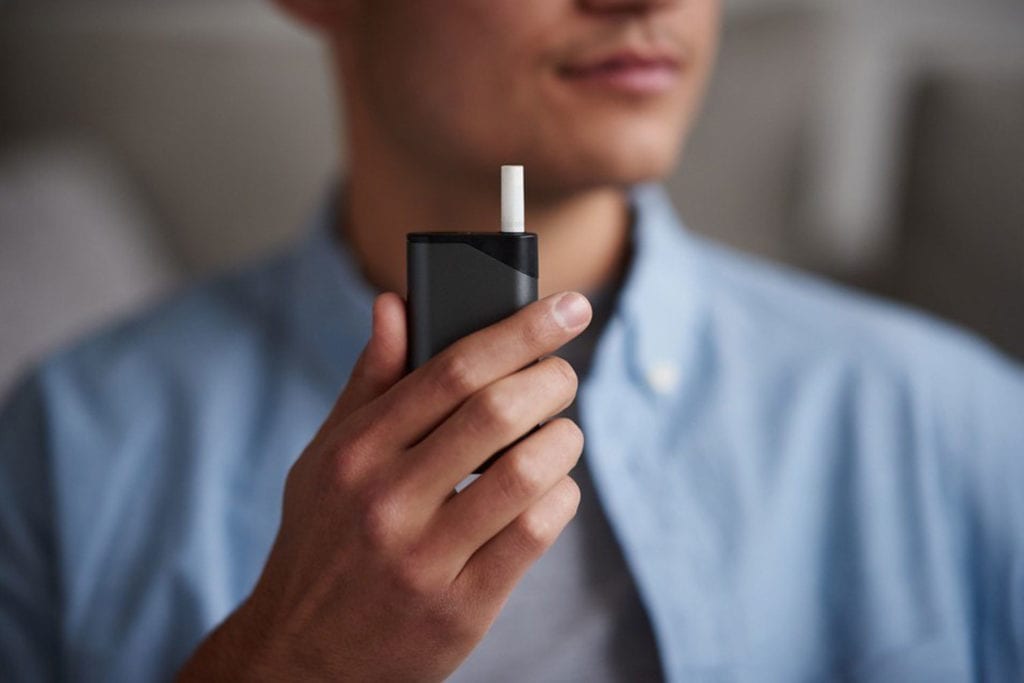
BAT has been ranked 19th in the Gartner Supply Chain Top 25 for 2021—marking the first time BAT has made the top 20.
In its second consecutive year in the Gartner rankings, BAT has moved up two places from 21st in 2020. The Gartner rankings recognize companies globally who have demonstrated excellence in supply chain management, effectively navigating through the Covid-19 landscape.
As BAT evolves into a multi-category consumer products and brands business, its transformation is being powered by digital technology. This allows BAT to respond with greater agility and resilience to the complexity of its growing new category portfolio supply chain. According to the company, this transformation is underpinned by BAT’s commitment to put ESG front and center of its operations, with sustainability firmly embedded into its supply chain management strategies.

To move up the ranks during a global pandemic is testament to the hard work and excellence of BAT’s operations teams across the world.
Zafar Khan, group operations director, BAT
“We are honored to have our supply chain operations recognized in the Gartner Supply Chain Top 25 rankings for the second year in a row,” said Zafar Khan, BAT’s group operations director, who joined the company in February, in a statement. “To move up the ranks during a global pandemic is testament to the hard work and excellence of BAT’s operations teams across the world.”























